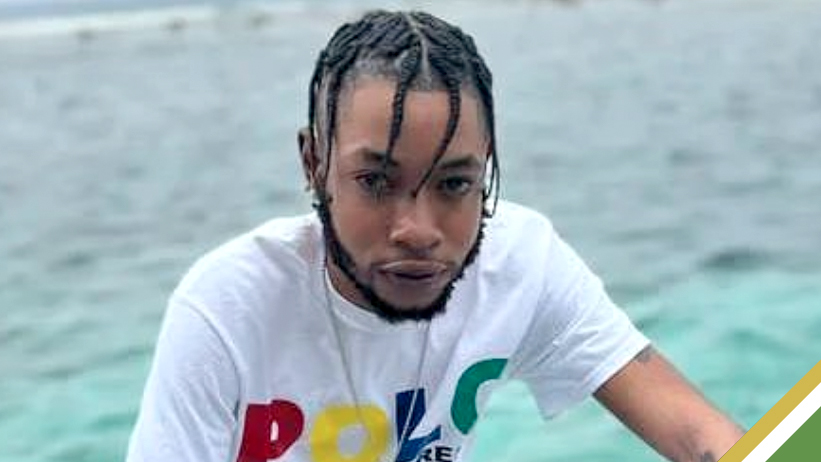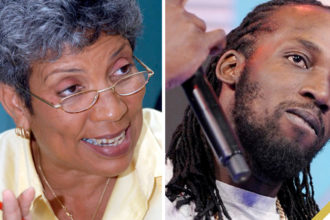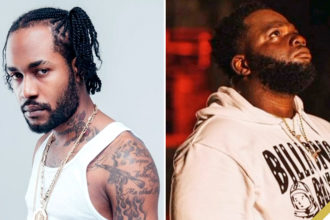In a recent court case, dancehall recording artist Damone Clarke, more popularly known as 9Lyph, found himself in hot water with the Jamaican judiciary for his involvement in a music video that promoted criminal activity.
The Kingston and St Andrew Parish Court charged him with using audiovisual communication to endorse criminal behaviour. In his music video for the song “3 More Duppy,” Clarke can be seen handling handguns and passing them to others.
The lyrics accompanying this visual content include explicit references to violence, with lines like “More than tutty shot, and you don’t see the limit.” Despite accumulating a nominal 10,000 views on YouTube since its release seven months ago, this portrayal of violence raised legal concerns.
The case highlights the influence of music, particularly when it promotes criminal activities. Senior Parish Judge Lori-Anne Cole-Montaque, while commending law enforcement for Clarke’s apprehension, called for more such cases to be brought to court. She emphasized that the power of words should not be underestimated and urged investigators across the Corporate Area to take action against entertainers who use their music to glorify violence.
Judge Cole-Montaque, recognizing that these lyrics often mirror the harsh realities of society, sentenced Clarke to 120 hours of community service. She specified that his punishment should be public, similar to the reach of his music, in a bid to challenge the normalization of violence in society.
In some quarters of society, the belief is that this case serves as a significant step towards addressing the impact of music content on social behaviour and attitudes.













